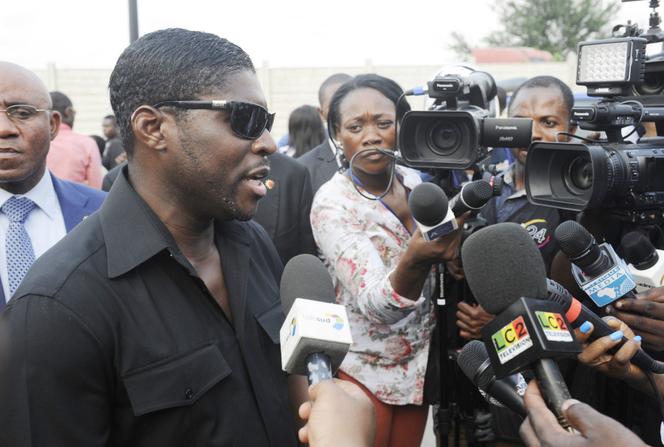


The west African nation asked the top United Nations court to issue emergency orders against France over a building seized after the conviction of Vice President Teodorin Obiang for corruption. It asked the court to order France not to sell the mansion, located on the upscale Avenue Foch near the Arc de Triomphe in Paris, over which the two countries have been squabbling for several years.
French authorities seized the property, which boasts a cinema, hammam and marble and gold water taps, after convicting Obiang under a law targeting fortunes fraudulently amassed by foreign leaders. In 2021, France's top appeals court gave Obiang, the eldest son of the long-standing president of Equatorial Guinea, Teodoro Obiang, a three-year suspended sentence and €30 million in fines. France also confiscated assets, including the luxurious Avenue Foch building with an estimated value well above €100 million.
In its latest complaint to the ICJ, dated Thursday, July 3 but published by the court on Friday, Equatorial Guinea says French police entered the property last month and changed the locks on several of the doors. Equatorial Guinea called on the court to order France to give it "immediate, complete and unhindered access" to the building.
The mansion was also at the center of an earlier case filed by Equatorial Guinea in 2016 at the ICJ, which rules on disputes between UN member states. Equatorial Guinea argued the building served as the country's embassy in France and that France had broken the Vienna Convention, which safeguards diplomats from interference by host countries.
But the UN court sided with France, which said the building was merely Teodorin Obiang's residence and served no diplomatic purpose. The ICJ upheld France's objections that Equatorial Guinea had only tried to designate it as such after the investigation began into Obiang, and that the country already had an embassy in Paris.
